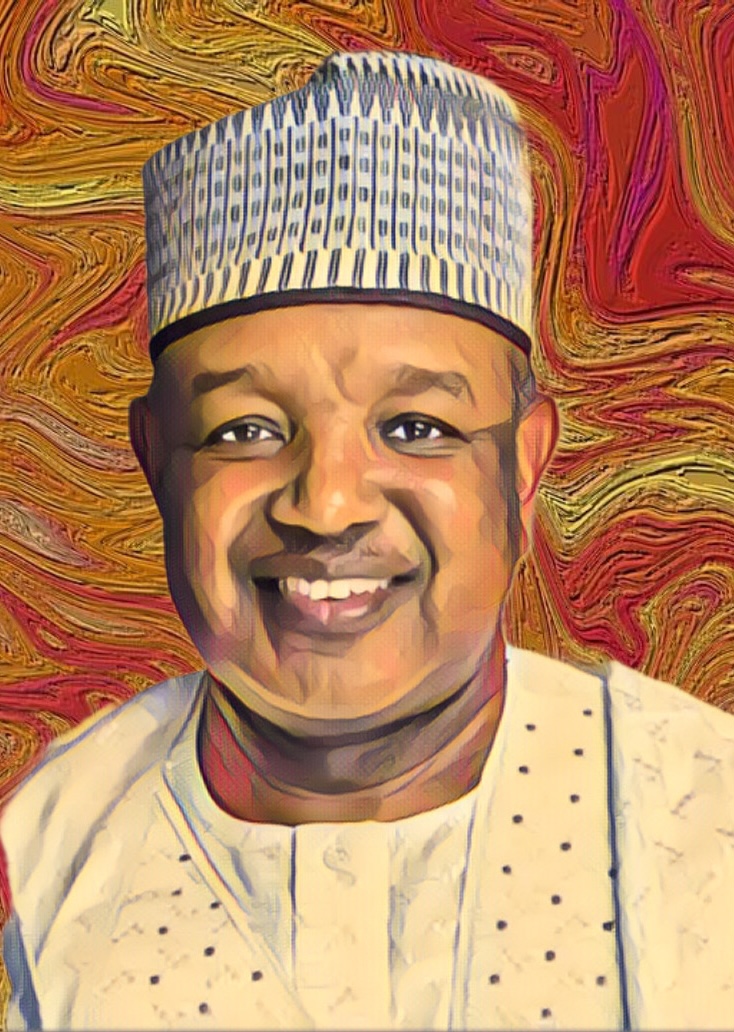Nigeria, Africa’s largest economy, is set to bounce back from the challenges posed by the COVID-19 pandemic and other shocks in 2024, according to the country’s Budget and Economic Planning Minister, Abubakar Bagudu.
In an interview with Arise TV on Friday, Bagudu said the federal government has provided funds to derisk some sectors needed for growth, such as manufacturing, consumer credit, housing, power, steel, technology innovation, and digital and creative economies.
He said the 2024 budget, recently signed into law by President Muhammadu Buhari, is rooted in the Renewed Hope Agenda’s manifesto, which highlights key points, including the need for increased economic growth, poverty eradication, access to capital, transparency, and the rule of law.
“The agenda, along with its eight key points, emphasizes the president’s commitment to achieving higher growth, addressing food insecurity, fostering economic diversification, and eradicating poverty. It underscores the imperative to provide access to capital, as well as the need to enhance transparency and uphold the rule of law,” Bagudu said.
He noted that the Agenda 2050 signifies a need to grow at a much higher rate and a need to mobilize private capital.
“The agenda estimates that we need investment at a minimum of at least $100 billion with less than 20 percent of it coming from the public sector,” he said.
The minister added that institutional changes, such as separating the Ministry of Budget and Economic Planning from the Minister of Finance, underscore the importance of aligning the budget with a strategic plan.
The alignment reflects a plan-based budget in the 2024 fiscal year, aiming to restore macroeconomic stability and boost private sector confidence by eliminating distortions such as the recent removal of fuel subsidies and unification of the foreign exchange market.
Bagudu’s optimistic outlook is shared by some international organizations, such as the World Bank and the International Monetary Fund, which have projected Nigeria’s GDP to grow by 3.3 percent and 3.5 percent respectively in 2024.
However, some analysts have cautioned that the country still faces significant risks and challenges, such as high inflation, rising debt, insecurity, and weak governance.
According to the World Poverty Clock, Nigeria has the highest number of people living in extreme poverty in the world, with about 41 percent of its population living on less than $1.90 a day.
Bagudu said the government is aware of these challenges and is taking measures to address them, such as increasing capital expenditure, reaching 11 trillion naira, constituting approximately 39 percent of the budget.
“This allocation targets priority areas, enhancing both relative and absolute spending,” he said.
He also said the supplementary budget appropriations preceding the main budget prioritize national security and defense to alleviate the economic activities of sectors affected.
He added that a 100 billion naira school feeding fund has been provided to support child retention and mobilization, while investments in housing, power, steel, technology innovation, and digital and creative economies aim to spur growth.
Bagudu expressed confidence that Nigeria will overcome its current difficulties and achieve its potential as a leading African nation and a global player.
“We have a vision, we have a plan, and we have the resources. We just need to work together and implement them effectively,” he said.
Source: BusinessDay NG


